Date
Thursday 18 May 2023, 15:00 - 17:00
Location - Hybrid
The event will take place at the premises of The Cyprus Institute and will be hosted at the Fresnel Auditorium.
People will also be able to participate remotely via Zoom and they can join with the following link:
https://zoom.us/j/9947402955?pwd=Um8wdTdHeStFMTM3LzNRL3l3Umc5QT09
Participation and Registration
Register for the event, by the end of Thursday 11 May 2023 at the following link:
https://forms.gle/naz7NvxX8X8wcrkEA
Description
The “EMBED-AI” project is funded by RIF, has 1 year duration and is a collaboration between Hyperion Systems Engineering Ltd. (www.hyperionsystems.net) and The Cyprus Institute.
The goal of this project is to develop machine learning algorithms to predict the quality of material during the polymer production process in real time, in effect creating virtual analysis instruments (soft sensors) to monitor material quality parameters in real-time. The algorithms use time series historical data taken from the plant’s instrumentation as input for training and prediction. These algorithms are integrated with the HYPPOS (Hyperion Predictive Production Online Software) which provides the raw data for the algorithms and manages the predictions while tracking the quality and location of the produced polymer.
This project builds on the results of an earlier collaboration and Proof of Concept implemented via the EuroCC project which The Cyprus Institutes participates in.
Related Publication
You can find a related to the project publication here.
Agenda
Thursday 18 May 2023
- 15:00 - 15:15: Introduction to EuroCC and its Services. Speaker: Professor Constantinos Dovrolis.
- 15:15 - 15:30: Introduction to Hyperion. Speaker: Dr. Symeon Kassianides.
- 15:30 - 16:00: Use of Machine Learning Predictive Technology in Polymer Production. Speaker: Dr. Symeon Kassianides and Dr. Nikos Bakas.
- 16:00 - 17:00: Open Discussion
- Christos Christodoulou, Panagiota Katsamba: Collaboration Opportunities with The Cyprus Institute

Introduction to EuroCC and its Services
We will introduce the EuroCC project, and the National Competence Center hosted by The Cyprus Institute. We will outline the goals of the project, and how the NCC reaches out to the community to provide its services for more competitive research and innovation and better public services.
Introduction to Hyperion
Hyperion Systems Engineering Ltd. (Hyperion) is a privately held, globally operating technology and engineering group formed in 1993, that has gained world class market reputation and global clientele. Hyperion provides engineering advisory and consulting services, and implements advanced industrial IT solutions in the hydrocarbons, chemicals, and power generation industries. Hyperion help its customers effectively deploy capital resources, reduce operating and supply chain costs, improve safety, and increase their overall profitability, always cognizant of environmental impact. Hyperion delivers systems engineering solutions in areas such as Process Modelling and Optimisation, Basic and Advanced Process Control, Manufacturing Execution Systems, Data Validation and Reconciliation, Laboratory Information Systems, Plant Performance Management and Advanced Supply Chain Planning and Scheduling.
Hyperion collaborated as part of the EuroCC initiative with computational scientists of Computation-based Science and Technology Research Centre (CaSToRC) of The Cyprus Institute (CyI) to develop Machine Learning based algorithms. The specific project objective was to establish correlations between a polymer plant’s operating conditions and laboratory quality test results which would allow the prediction of critical quality measurements.
Use of Machine Learning Predictive Technology in Polymer Production
Plastics in the form of polymers are widely used in the modern world, and their usage is increasing. With such high volumes of polymer production, it is critical to minimize production of waste and off-spec polymer both for profit and potential polluting impact.
Typical Polymer production is a combination of Continuous and Batch processes which makes maintaining the quality of the end-product a big challenge. Many plants rely on off-line laboratory measurements for the critical quality parameters; this causes a delay of 30 mins or more getting the test results, making it difficult to address production problems quickly.
To address this limitation, Machine learning (ML) algorithms were built to implement soft sensors for quality prediction using the existing plant instrumentation. This provides production staff with rapid and frequent predictions of the product quality, making it easier to detect quality issues and intervene quickly. The ML algorithms were trained, validated, and tested using historic measurements from a petrochemicals plant using a variety of ML models, comprising Linear and Polynomial Regression (LR, PR), XGBoost (XGB) and Random Forests (RF), as well as Artificial Neural Networks (ANNs). Statistical metrics for each ML model are presented, as well as predicted results in an operating polymers manufacturing facility.

